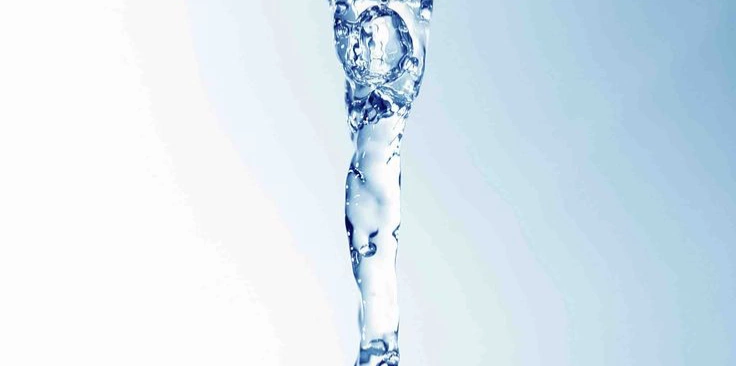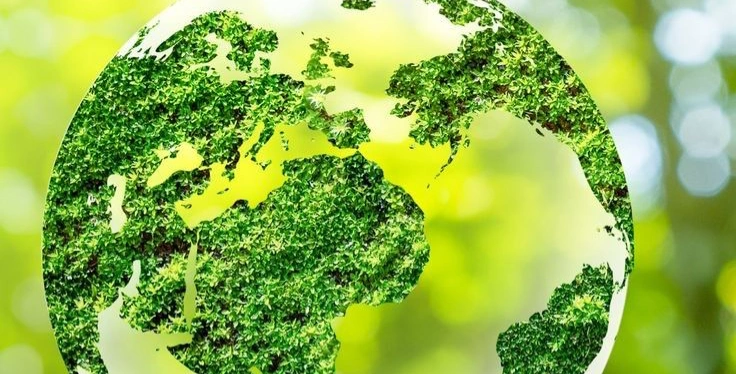Water Resources and Their Conservation
Water is the foundation of life on Earth. It is essential for health, food production, industry, energy, and ecosystems. However, water resources are under increasing pressure due to population growth, climate change, pollution, and inefficient use. Freshwater scarcity already affects millions of people worldwide and demands urgent action at all levels.
The majority of accessible freshwater is used in agriculture, often through outdated and wasteful irrigation systems. Industry contributes to water stress by discharging polluted wastewater into rivers and lakes. In cities, water losses result from aging infrastructure, leaks, and inefficient household usage.

Climate change is worsening the situation. Droughts, melting glaciers, altered rainfall patterns, and rising temperatures are reducing the availability and quality of water. This poses serious threats to food security, public health, and ecosystem stability. The international community recognizes the urgency: the UN 2030 Agenda identifies water conservation as a key Sustainable Development Goal.
Solutions include implementing water-saving technologies, modernizing infrastructure, reducing pollution, reusing wastewater, and protecting water bodies. Education and public engagement are crucial: individuals can save water, choose eco-friendly cleaning products, avoid polluting waterways, and join river and shoreline clean-up efforts.

Conserving water is an investment in our future. Access to clean water determines the health, stability, and well-being of millions. By working together, we can preserve this vital resource for generations to come.
Close